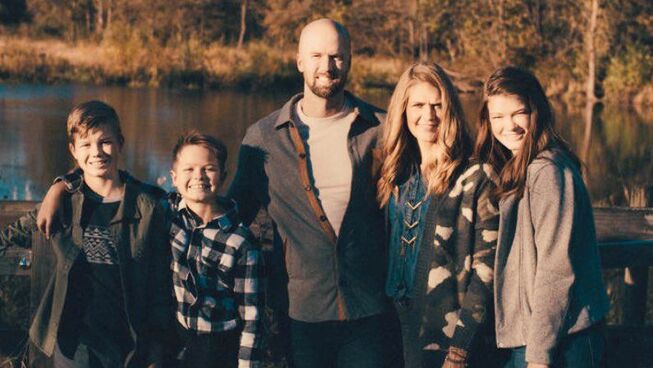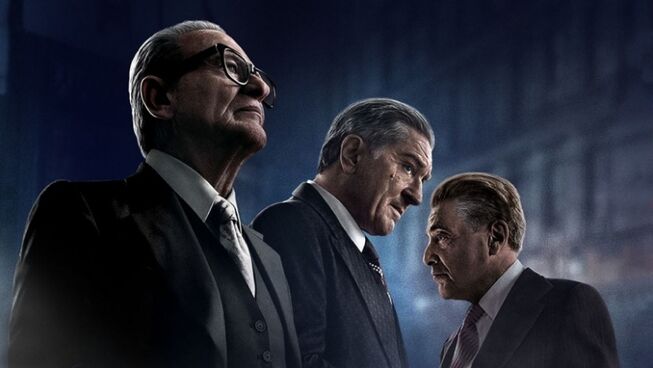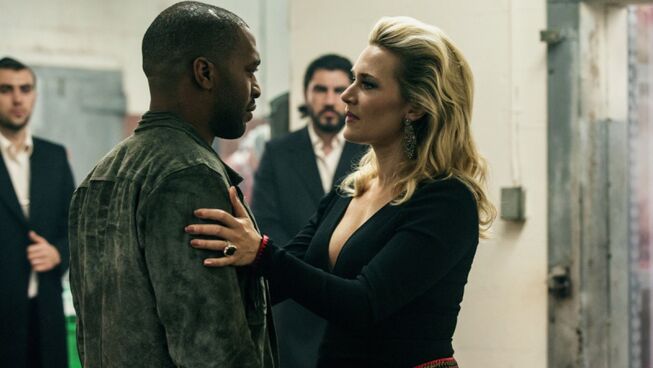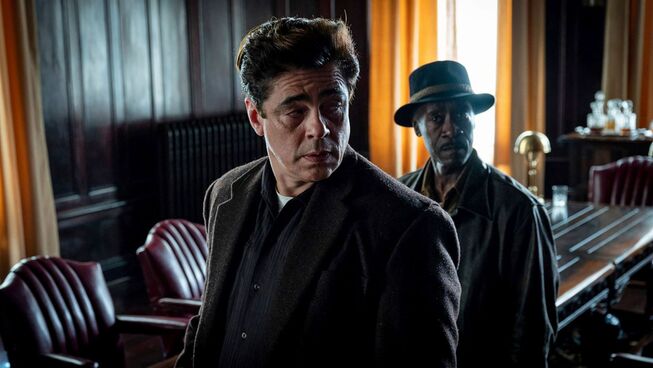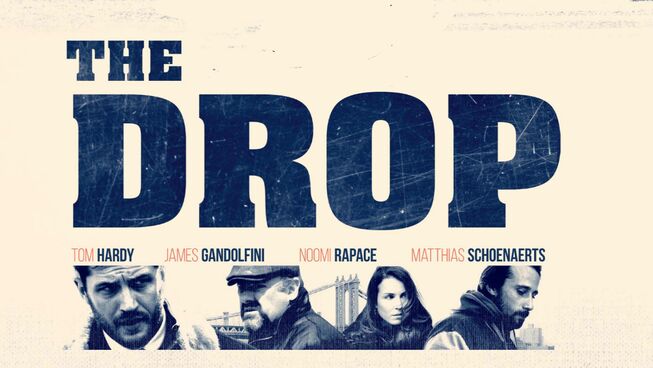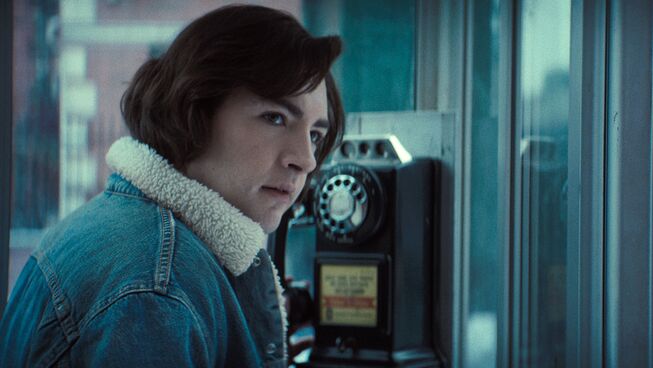
2 out of 5 stars
Watching The Many Saints of Newark feels more like an understudy’s tribute to Goodfellas than a prequel to HBO’s hit series, The Sopranos. The iconic series delivered six groundbreaking seasons and it’s now been fourteen years since the final episode aired in 2007. Consequently, Soprano enthusiasts will have little problem connecting an abundance of characters from the series to their younger selves in the movie. Those not as familiar with the hit television show will probably draw comparisons, fair or unfair, to influential mafia classics like Casino and The Godfather. Indeed, Martin Scorsese’s influence on Saints is noteworthy. Fans familiar with the legendary filmmaker’s work will pick up on how director Alan Taylor (Sopranos) borrows from Scorsese’s common storytelling devices in Saints. With some notable exceptions, the result is a jayvee performance from an ensemble who might have been discovered via the Goodfellas audition tapes.
The Sopranos follows the life of mob boss and devoted family man, Tony Soprano (played by the late James Gandolfini) who, with the help of a psychiatrist (Lorraine Bracco), is learning how to cope with the stress and anxiety brought on by a contentious family at home that is distinctly separate from the stress caused by his volatile family in the mob underworld. The show’s creator and producer, David Chase, uses Saints to take the audience back to New Jersey in the sixties and seventies and explain how it all began. The DiMeo crime family is caught up in a gang turf war during the Newark race riots of 1967. Harold McBrayer (Leslie Odom Jr.) is an aspiring African American gangster who collects cash for the DiMeo caporegime. With help from Newark’s racial uprising, Harold forms his own gang and goes to war with the Sopranos.
Unfortunately, Saints falls short of the origin story that was promised and never entirely comes into focus. In a masterstroke of casting, the young Anthony Soprano is played by the late James Gandolfini’s son, Michael Gandolfini. There are hints of brilliance in Michael’s performance as Tony, but he is surrounded by strong Italian American mafiosos who distract from the future mob boss’ moral education. Among them is Uncle Dickie Montisanti, played by Alessandro Nivola, who becomes Tony’s mentor and surrogate father. Fans of the television series will remember Tony referring to Uncle Dickie as an almost mythical hero to him and a father to Christopher Montisanti (Michael Imperioli), nephew to Tony and a core cast member.
What makes The Sopranos, Goodfellas and The Godfather so great is a singular narrative focused on the head of the family and his inner circle. Each of these films pivots around Tony Soprano, Henry Hill, and Michael Corleone. What they do and how they act, no matter how reprehensible, is for the family and so the viewer is invested. Saints is not Tony Soprano’s coming of age story. Instead, it is an adequate gangster film that tips its fedora to the great Martin Scorsese. The film has plenty of silk suits and bloody mob hits, but what is lacking is authenticity. The violence does not seem as violent, big, shiny Bel Airs do not seem to play the doo-wop as loudly, and the stakes just are not as high as they once were on the show.
Reel Dialogue: What is your legacy?
Leaving a legacy involves far more than money, pleasant memories or a good name. Why? It only takes one or two generations and those things will disappear or be forgotten.
Not to diminish the value of relationships or caring for your family's future, but the only real legacy that holds up into eternity is the one with God. This can only be found within the Christian tradition with belief in Jesus Christ as the Son of the Living God and Saviour of the world. This is genuinely the only legacy that lasts.
Maybe you disagree. Yet, why not take a moment to consider it. It cannot hurt to explore the idea of living and leaving behind a real legacy for your family.
An excellent place to start: Check out this talk by Dr Sam Chan on Extraordinary Legacy
